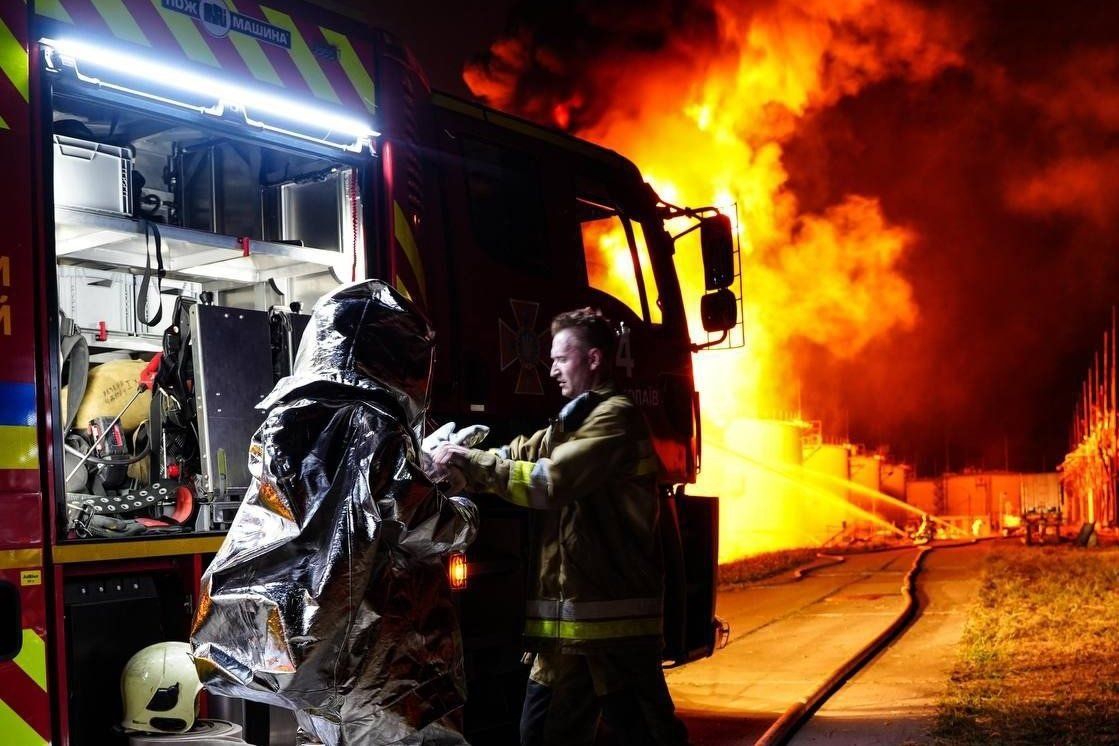In the wake of Russia withdrawing from the Black Sea grain deal on Monday, the Kremlin announced on Wednesday that it will consider all ships traveling to Ukrainian ports as hostile vessels, escalating tensions at sea and further impeding Ukraine’s ability to export grain.
Russian forces will deem all Ukrainian-bound ships as potential carriers of military cargo, making commercial vessels potential targets. Moscow also suspended conventional safety guarantees to sailors in the areas where Ukraine’s main Black Sea ports are located. The threat will deter many commercial ships from exporting anything from Ukraine’s ports, even grain that many countries – especially in the Global South – depend upon.
Hours after pulling out of the deal, Russia began a bombing campaign targeting Odessa’s grain terminals that continued into Wednesday. The strikes destroyed 60,000 tons of grain, injured civilians, and sent a message to the world: Putin is not afraid to weaponize the world's food supply.
Ukrainian grain is a major stabilizer of global prices. Wheat prices had already risen 5% this week, thanks to Russia’s decision to pull out of the deal. They are expected to climb higher as the Black Sea becomes too dangerous for commercial shippers. Under the grain deal, 63% of Ukraine's grain exports were being shipped via Black Sea ports. Without those ports, exporters will have to use land routes, raising transportation costs by 38%.
